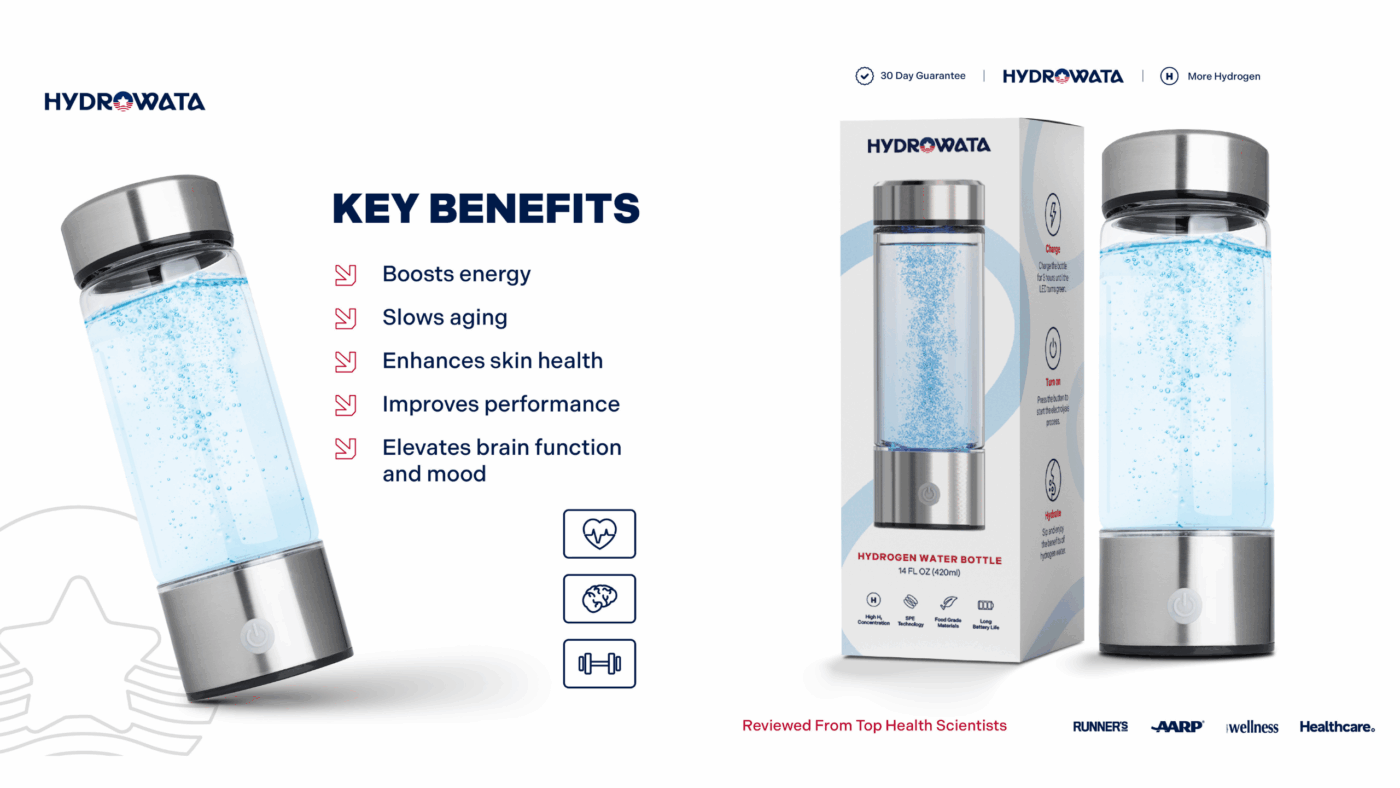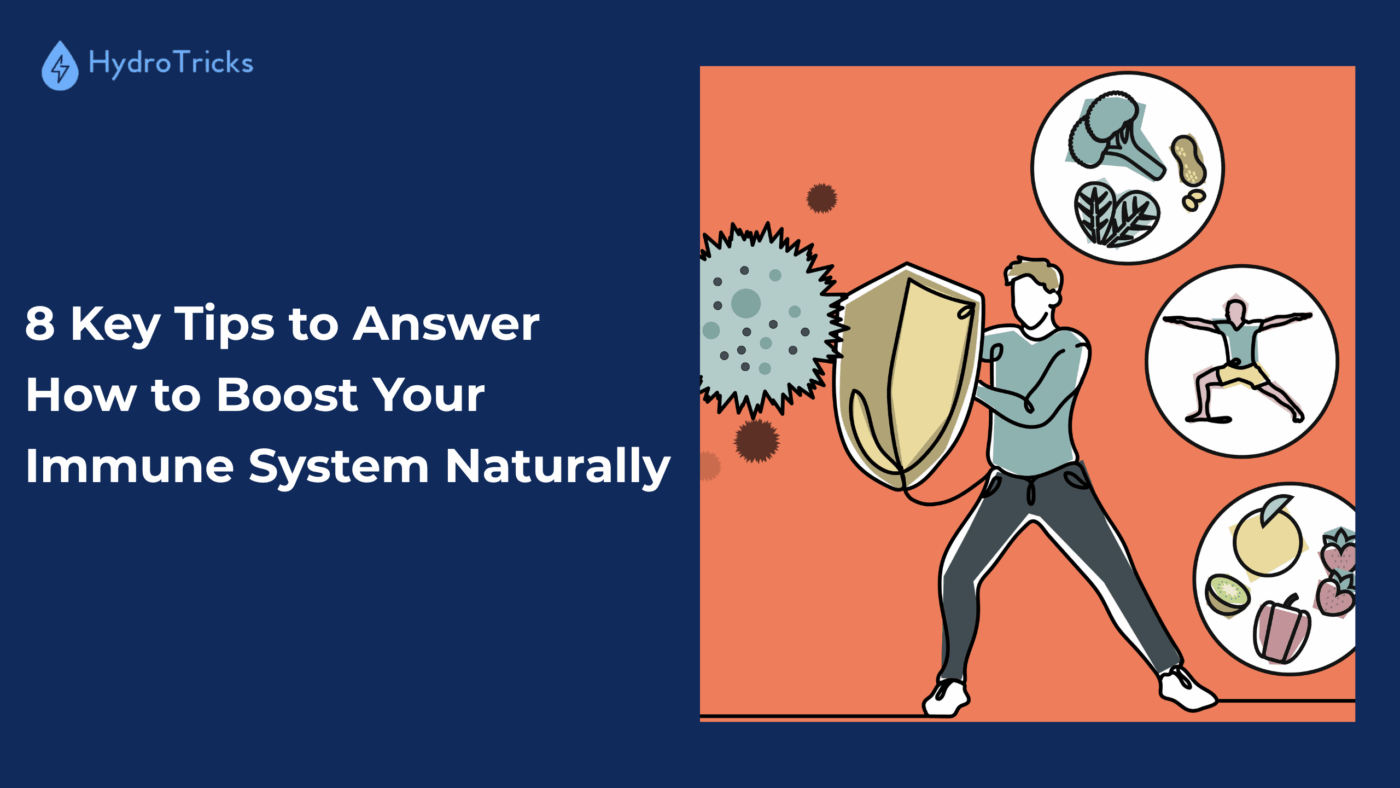In today’s fast-paced world, maintaining a strong immune system is more important than ever. If you’re searching for how to boost your immune system naturally, you’ve come to the right place. This comprehensive guide presents the top 8 evidence-based strategies that can help strengthen your body’s natural defenses without relying on artificial supplements or medications.
Your immune system is your body’s first line of defense against illness, working 24/7 to protect you from harmful invaders like viruses, bacteria, and toxins. The good news is that learning how to boost your immune system naturally doesn’t require expensive treatments or complicated protocols. Instead, it’s about making smart, consistent lifestyle choices that support your body’s incredible ability to heal and protect itself.
Tip 1: Fuel Your Body with Immune-Boosting Foods

When it comes to how to boost your immune system naturally, nutrition is your foundation. Your immune cells require specific nutrients to function at their best, and what you eat directly impacts your body’s ability to fight off infections. Learning how to boost your immune system naturally starts with making informed food choices.
Focus on incorporating these powerhouse foods into your daily diet:
- Citrus fruits like oranges, lemons, and grapefruits are packed with vitamin C, which helps stimulate the production of white blood cells. Leafy greens such as spinach and kale provide folate, vitamin A, and antioxidants that support immune cell function.
- Garlic and ginger have been used for centuries for their immune-supporting properties. Modern research confirms that these foods contain compounds that can help reduce inflammation and fight infections naturally.
- Don’t forget about colorful berries – blueberries, strawberries, and blackberries are loaded with antioxidants that protect your cells from damage and support overall immune health.
Tip 2: Stay Properly Hydrated for Optimal Immune Function

Staying hydrated is crucial when learning how to boost your immune system naturally. Drinking enough water helps transport nutrients to cells, remove toxins, and maintain protective barriers against pathogens. Aim for 8-10 glasses of water daily to support immune function and lymph production, which carries white blood cells and other immune system cells.
Taking Hydration to the Next Level: Hydrogen Water
Recent research highlights the potential benefits of hydrogen-enriched water for immune support. Hydrogen water contains powerful antioxidants that help reduce inflammation and oxidative stress. By incorporating hydrogen water into your hydration routine, you’re giving your body an extra boost in learning how to boost your immune system naturally.
HydroWata Hydrogen Water Bottle: A Smart Choice
The HydroWata Hydrogen Water Bottle produces up to 1.68 PPM of hydrogen concentration, delivering a potent antioxidant dose with each cycle. With its premium build quality, smart functionality, and antioxidant-rich properties, this bottle supports overall wellness and helps you learn how to boost your immune system naturally. By combining proper hydration with hydrogen water, you’re taking a proactive approach to supporting your immune health and overall well-being.
Tip 3: Prioritize Quality Sleep for Immune Recovery

Quality sleep is crucial for boosting your immune system naturally. During sleep, your body produces cytokines that fight infection and inflammation. To optimize sleep and support immune function:
- Maintain a consistent sleep schedule to regulate your body’s internal clock
- Create a cool, dark, and quiet sleep environment to promote relaxation
- Avoid screens for at least an hour before bedtime to minimize disruptions
- Establish a relaxing bedtime routine, such as reading, stretching, or deep breathing
- Aim for 7-9 hours of quality sleep each night to support immune system repair
By prioritizing sleep, you support your immune system’s ability to repair and strengthen itself, reducing vulnerability to illness and promoting overall well-being. Quality sleep is essential for immune function, and making it a priority can have a significant impact on your health. By incorporating these sleep-optimizing tips into your daily routine, you can take a proactive approach to boosting your immune system naturally.
Tip 4: Manage Stress to Protect Your Immune System

Chronic stress threatens immune health, making stress management crucial when learning how to boost your immune system naturally. Try these proven techniques:
- Mindfulness meditation (10-15 minutes daily) reduces stress hormones and boosts immune cells
- Deep breathing exercises, like the 4-7-8 breath, activate relaxation responses
- Nature walks (20 minutes) lower cortisol levels and reduce stress
- Cold exposure therapy (cold showers or ice baths) helps adapt to stress and strengthens immune response
- Engaging in enjoyable hobbies (reading, gardening, music) helps disconnect from stressors
By incorporating these stress-reduction techniques into your daily routine, you can support your immune health and overall well-being. Regular stress management is essential for learning how to boost your immune system naturally and maintaining a healthy balance in life.
Tip 5: Exercise Regularly (But Don’t Overdo It)

Regular physical activity supports immune function, but balance is key when learning how to boost your immune system naturally. Aim for:
- 150 minutes of moderate-intensity exercise or 75 minutes of vigorous exercise per week (brisk walking, swimming, cycling, dancing)
- Strength training 2-3 times per week for immune support and reduced inflammation
- High-intensity interval training 2-3 times per week for immune cell stimulation
- Yoga for physical movement and stress reduction
Consistency is crucial – regular, moderate exercise is more beneficial for immune health than sporadic, intense workouts. By finding a balance that works for you and sticking to it, you can support your immune system and overall well-being, taking a significant step in learning how to boost your immune system naturally. Make exercise a sustainable part of your routine.
Tip 6: Create an Immune-Supporting Environment

When learning how to boost your immune system naturally, your surroundings play a significant role. The quality of your indoor air, exposure to toxins, and cleanliness of your living space all impact immune function. Here’s how to create a supportive environment:
- Improve indoor air quality with proper ventilation, air purifiers, and houseplants like spider plants, snake plants, and peace lilies
- Minimize toxin exposure by choosing organic foods, using natural cleaning products, and avoiding unnecessary chemicals
- Maintain good hygiene without going overboard – some exposure to beneficial microbes is beneficial
- Get 10-15 minutes of direct sunlight daily for natural vitamin D production, or consider a supplement if necessary
By creating an immune-supporting environment, you’re taking a crucial step in learning how to boost your immune system naturally and promoting overall well-being.
Tip 7: Boost Your Immune System with Social Connections

Strong social relationships can boost your immune system naturally. Research shows that:
- Social isolation weakens immune function
- Meaningful relationships support immune health
- Positive social interactions boost immune cell activity
To benefit, focus on:
- Nurturing close relationships with friends and family
- Joining community groups or clubs that align with your interests
- Practicing empathy and kindness in daily interactions
- Staying connected during challenging times
By prioritizing social connections, you can support your immune system and overall well-being.
Tip 8: Use Strategic Supplementation When Needed

When learning how to boost your immune system naturally, certain supplements can provide additional support:
- Vitamin D: crucial for immune cell function, especially for those with limited sun exposure
- Vitamin C: supports immune function, particularly during stress or illness
- Zinc: essential for immune cell development and function
- Probiotics: supports gut health and immune function
- Elderberry: may reduce cold and flu symptoms
These supplements complement a healthy lifestyle, but don’t replace good nutrition, adequate sleep, regular exercise, and stress management. By combining lifestyle changes with strategic supplementation, you can support your immune system and overall well-being. Consult a healthcare professional before adding any supplements to your routine. This approach helps you learn how to boost your immune system naturally and effectively.
Conclusion
Learn how to boost your immune system naturally by implementing 8 synergistic tips. Start with small changes like improving sleep and diet, then gradually add other strategies. Consistency is key to long-term health benefits and increased energy. By making sustainable lifestyle choices, you’re giving your body the best foundation to stay healthy and thrive. Start implementing these evidence-based tips today and experience the difference a strong immune system can make in your life. With time, you’ll enjoy better health, more energy, and an improved quality of life. Take control of your health naturally and start feeling the benefits.
FAQS
What are the most effective ways to boost my immune system naturally?
Focus on a balanced lifestyle, including a nutrient-rich diet, staying hydrated, managing stress, getting quality sleep, exercising regularly, and maintaining a healthy environment.
Can supplements really help boost my immune system?
Certain supplements like vitamin D, vitamin C, zinc, and probiotics can support immune function, but consult a healthcare professional before adding them to your routine.
How does stress impact my immune system, and what can I do about it?
Chronic stress can weaken immune function. Practice stress-reducing techniques like meditation, deep breathing, or yoga to help manage stress.
What role does sleep play in immune health?
Quality sleep is crucial for immune function. Aim for 7-9 hours of sleep per night to support immune system repair and strengthening.
Can exercise really boost my immune system?
Yes, regular moderate exercise can enhance immune function. Aim for 150 minutes of moderate-intensity exercise or 75 minutes of vigorous exercise per week, and incorporate strength training and stress-reducing activities.

